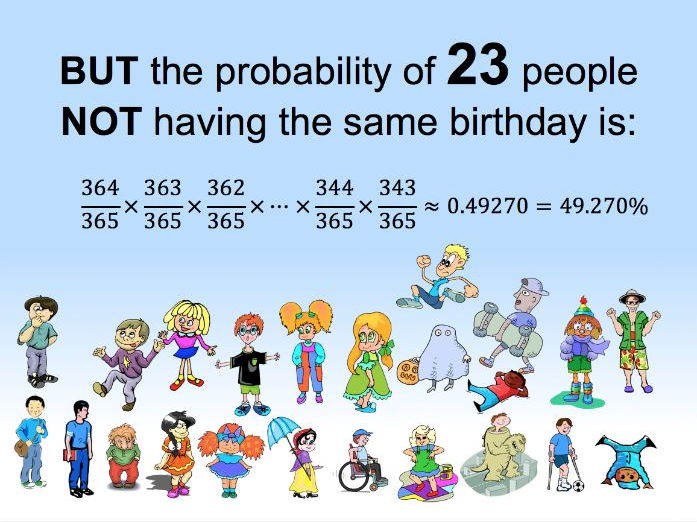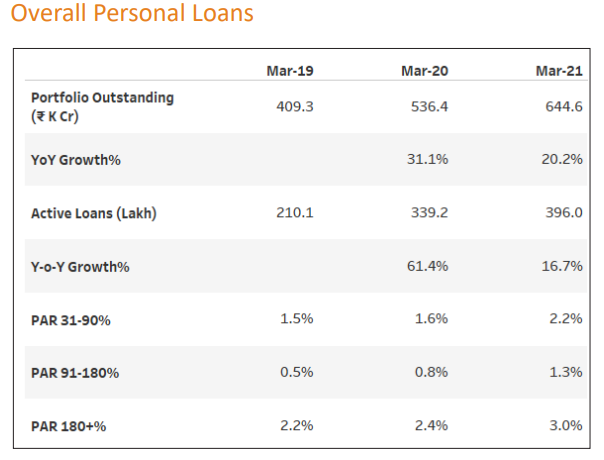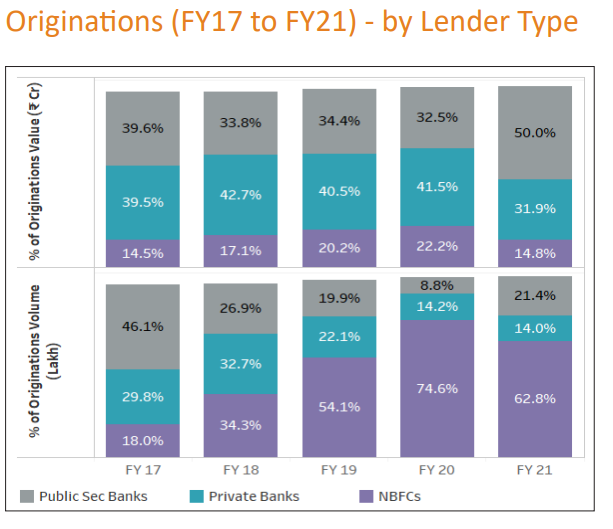2/ 17th of October 2019 , Lebanon witnesses the start of a revolution, people took to the streets to express their anger and frustration towards a political class they deemed corrupt and inept at governing.
3/ Little did they know the depth of the hole this class had put them in, little did they know the real scope of the squandered funds they oversaw.
4/ None of them even thought for a second, that a systemic looting was happening under their nose, one that used their own life savings.
The road to restructuring will be long and hard, whenever the country actually takes it.
5/ We know that we will need to muster all the assets we have, tangible and abstract. We know we will have to sacrifice a lot more.
But we also know that a total collapse due to the retraction of subsidies might make the situation irrecoverable, and cause unimaginable pain.
6/ The disaster of such a scenario must be avoided at all costs.
We also need to acknowledge the failures of any system of subsidies that acts at the source instead of targeting the potential beneficiaries.
7/ We can no longer allow subsidies to be squandered on those who can pay.
We can no longer allow subsidies to be lost on smuggling .
We can no longer allow subsidies to cause unnecessary consumption.
8/ We’ll start with an overview on the impact of the current system :
The foreign currency loop :
9/ Since subsidies cover a very wide range of products , including fuel medicine and food, the central bank is providing hard currency to the market from its own reserves , reducing the pressure on the local exchange market, and therefore helping stabilize the FX rate.
10/ The local currency loop:
Since most of the wages in the country have not been raised to match the FX rate increase, the purchasing power of the Lebanese has collapsed.
11/ Keeping the most essential commodities priced at the old FX rate, prevents the population (especially the most vulnerable) from falling into complete poverty and holds off a social disintegration .
12/ The indiscriminate nature :
In other instances, treating everyone equally would be recommendable, even obligatory, but when it comes to subsidies we should clearly differentiate between those who can afford an increase in price and those who cannot.
13/ It is not only a matter of social cohesion, it is also a matter of economic common sense.
Smuggling :
Smuggling has always been an issue in Lebanon with devastating effect on the economy and the finances of the government.
14/ But in this instance it is especially destructive.
Besides the illicit gains smugglers are raking up, the dwindling reserves are putting at risk the subsidies as a whole and making a potential recovery even more painful.
15/ While smuggling has many causes including illicit trade, sanction busting and political gains , arbitrage remains a very potent driver.
16/ Unwarranted consumption:
Some have seen their income actually increase in local currency form, and since they also have access to subsidized goods, the rate of squandering and even spoilage inevitably increases.
This inevitably increases the pressure on the FX reserves .
17/ In Egypt, the multiple updates of the Bread Baladi program resulted in a 30% decrease in overall consumption of the item, reducing the cost of subsidizing it.
Since procuring medicine can mostly be done without a proper prescription in Lebanon, panic buying and cheap…
18/ …prices have resulted in those that can afford it to literally hoard medicine causing shortages and eventually ending up with squandering because of expiry dates.
19/ A solution : LebID
For any subsidies system to work, it should be targeted and this requires a thorough analysis of the potential beneficiaries to differentiate between those who should be recipients and those who can afford to go without them.
20/ It also requires the capacity to track the usage of those subsidies to evaluate their impact and detect potential fraud.
A new digital ID should be issued to every Lebanese citizen, irrelevant of age.
21/ It will grant its bearer access to subsidized goods, if he is deemed eligible.
The ID, “LebID”, will be connected to a physical smart card and a mobile application. The vast majority of the population can be connected in this way.
22/ Citizens would be on-boarded electronically or physically when they ask for access to subsidies.
How do we decide on eligibility ?
23/ The system would be directly connected to the Ministry of Finance database, and every demand will be evaluated electronically against tax returns. Any person falling under a certain threshold will be eligible to be subsidized.
24/ For those who are either currently unemployed or literally informal , they will be able to apply and access those subsidies until a potential audit proves their claim either right or wrong.
25/ If the person is found to be earning any wage but not reported, he will be placed on a probation list for 3 months after which, should the name not show up in the MOF database, the person will be denied access to the subsidies.
26/ This will ensure that persons earning a wage informally cannot abuse the system.
Even if this results in partial formalization (they would register as minimum wage) it would be a great improvement.
This also applies to businesses and freelancers .
27/ Owners will need to make sure they are registered to be eligible. And even if informal companies start registering but report false returns, the mere fact that they become on the databases of the government would be a very important upside.
How would the system work ?
28/ Every eligible recipient will be able to procure a finite amount of subsidized goods on a monthly basis at subsidized prices, any purchases exceeding those amounts will have to be done at the non-subsidized price.
29/ The exact amount of goods subsidized will need to be established in each category then turned into a cash value.
For example, a lebID holder would have up to 24 000 lbp per month to offset the price of 4 packs of bread per months (around 2 loafs per day).
30/ A family of 5 would get up to 120 000 lbp to be spent solely at bakeries.
31/ The offsetting would be done based on the average black market rate vs the official rate, which means that this family can buy 150 000 lbp worth of products and pay only 30 000 lbp (at a black market rate of 7500)
32/ Categories will be clearly segregated, the monthly quota in bakeries cannot be spent on fuel.
This would prevent unnecessary subsidies when not required.
All up-front subsidies would be withdrawn and prices will adjust to their true value.
33/ LebID holders will therefore enjoy a wider range of options to choose from, improve drastically on unwarranted consumption, and hone in on those mostly in need.
34/ The foreign currency loop :
The application of the scheme detailed above will drastically shave off unfair subsidies to those who don’t need it , and help stamp out arbitrage-related smuggling.
35/ But subsidies play another role , namely injecting hard currency into the system. If those are withdrawn, or mostly reduced , the consequences will be disastrous on the FX market, sending the dollar soaring and pushing the country into hyperinflation.
36/ It is therefore important to keep the availability of hard currency to the sectors targeted. So typically companies would be able to acquire their hard currency from the BDL and not from the black market.
37/ But a tax equal to the difference between the official and the real rate will be levied on those products (through direct customs), therefore de-subsidizing them.
38/ Business related subsidies:
While imports obviously have a large impact on cost of living, many businesses do to. But businesses are much easier to track, and should have historical data to back their claims up.
39/ The industrial sector should be protected at all costs, making sure they have access to subsidized fuel is central to the longer-term aim of import substitution, and export promotion.
40/ Companies will apply for access to subsidies by presenting their credentials and providing their historical data to back their claims up.
41/ The same could be applied to the other sectors as well, for instance a simple correlation between occupancy and consumption could back hotel claims to subsidies.

































